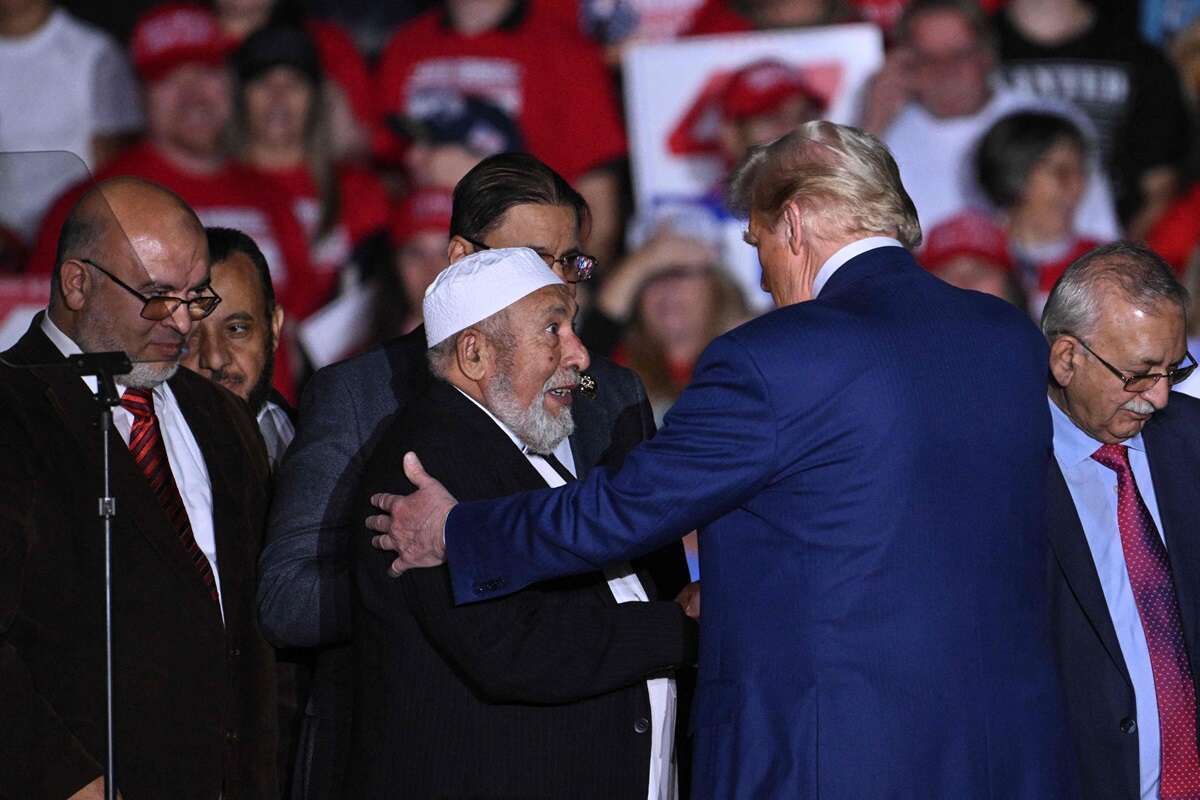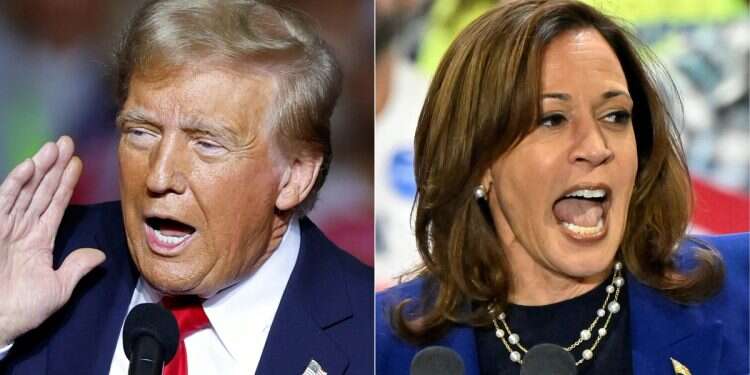The most striking feature across New York and New Jersey is the conspicuous absence of presidential election buzz. A careful search reveals only scattered campaign posters in homes, mostly for local or congressional races. This vacuum exists primarily because these traditionally Democratic strongholds receive minimal campaign investment, though it may also reflect broader public discomfort with both parties' and candidates' increasingly extreme positions.
On one side stands Donald Trump, addressing his base with unvarnished rhetoric and hard-to-digest statements, while his supporters' actions target entire communities, as evidenced at the New York rally. His opponent, Kamala Harris, though less extreme, projects significantly less gravitas than Joe Biden or Hillary Clinton, and appears notably less experienced. For politically unaffiliated Americans, both candidates present a challenging choice. Despite high early voting turnout, many average American voters appear poised to cast their ballots reluctantly.

Helen, a Jewish resident of New York, expresses nostalgia for an era of constructive political debate. "I'm concerned because the common ground between candidates and their supposed fringe supporters seems to have vanished, and this division is sweeping up the general public," she observes. This sentiment echoes with citizens of the Middle East's sole democracy.
The election dominates media coverage, particularly in sports broadcasting. During timeouts in NBA (basketball), NFL (football), and NHL (hockey) games, campaign ads flood the airwaves – predominantly Trump's – promising to restore American greatness through traditional values: family, military and diplomatic power, and economic strength.
Following a Brooklyn Nets victory over the Chicago Bulls, I spoke with LaHel and Silas from New York. LaHel expresses concern about Trump's potential victory. "We can't permit chaos," he states. "Even though I don't support Kamala, I won't back someone who promotes instability. Our nation needs security." His partner Silas takes a firmer stance: She backs Harris. Vishal, an American of Indian descent, laments the loss of substantive political discourse: "I'd prefer focusing on real issues like the economy, education, and immigration, as my parents did, but meaningful dialogue has vanished, even in news studios."
Harris' campaign strategy centers on Trump. The Democratic nominee maintains an aggressive schedule, visiting three states daily. Thursday and Friday saw her in Wisconsin, Nevada, and Arizona; Saturday took her to Georgia, North Carolina, and Pennsylvania. Each speech follows a pattern: Two sentences of optimism before pivoting to "Trump wants to do..."
A television network analysis shows the word "Trump" appears approximately 15 times per speech. CNN investigated targeted messaging – advertisements tailored to specific demographics. Their findings revealed somewhat contradictory messages about the Gaza war sent to Jewish voters in Pennsylvania versus Arab-Muslim voters in Michigan.
In official statements regarding Israel, Harris carefully balances support for Israel under attack with expressed concern for Palestinians in Gaza. Meanwhile, Trump courts Muslim and Arab support. During a visit to Dearborn, Michigan, widely recognized as America's Arab immigrant capital, he addressed Lebanese Arab concerns and discussed Gaza ceasefire prospects.
Israel's consul general in New York, Ofir Akunis, maintains diplomatic caution regarding potential election outcomes, declining to make predictions. He characterizes this as among America's closest presidential races, particularly within the past five decades. "We will collaborate with any elected administration. The election reflects American democratic choice, and as an ally, we'll continue working with our greatest friend, guided by shared values."
As demonstrated through the relations with the Biden administration, achieving war objectives presents significant challenges and may grow more complex under a Harris presidency influenced by Obama-era diplomatic approaches. Yet the unpredictable Trump, surrounded by advocates of isolationist foreign policy, remains equally difficult to forecast.




